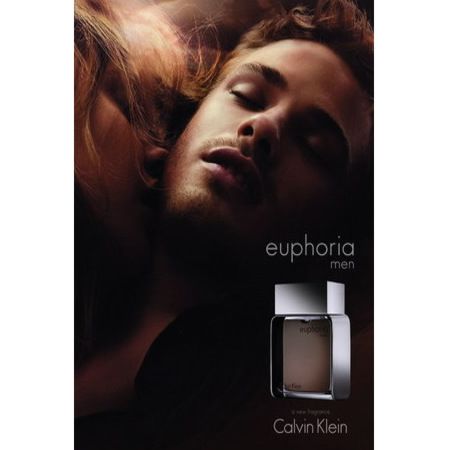


and pleasantly toned feeling." A decade later, finding ordinary feelings of well being difficult to evaluate, American addiction researcher Harris Isbell redefined euphoria as behavioral changes and objective signs typical of morphine. In 1940, The Journal of Psychology defined euphoria as a "state of general well being. Woodworth's 1921 textbook Psychology: A study of mental life, describes euphoria as an organic state which is the opposite of fatigue, and "means about the same as feeling good." In 1920 Popular Science magazine described euphoria as "a high sounding name" meaning "feeling fit": normally making life worth living, motivating drug use, and ill formed in certain mental illnesses. Ī 1903 article in The Boston Daily Globe refers to euphoria as "pleasant excitement" and "the sense of ease and well-being". Sigmund Freud's 1884 monograph Über Coca described (his own) consumption of cocaine producing "the normal euphoria of a healthy person", while about 1890 the German neuropsychiatrist Carl Wernicke lectured about the "abnormal euphoria" in patients with mania. ĭuring the 1860s, the English physician Thomas Laycock described euphoria as the feeling of bodily well-being and hopefulness he noted its misplaced presentation in the final stage of some terminal illnesses and attributed such euphoria to neurological dysfunction.

It is semantically opposite to dysphoria.Ī 1706 English dictionary defines euphoria as "the well bearing of the Operation of a Medicine, i.e., when the patient finds himself eas'd or reliev'd by it". The word "euphoria" is derived from the Ancient Greek terms εὐφορία: εὖ eu meaning "well" and φέρω pherō meaning "to bear". Therefore, the simultaneous activation of every hedonic hotspot within the reward system is believed to be necessary for generating the sensation of an intense euphoria. Inhibition of one hotspot results in the blunting of the effects of activating another hotspot. Activation of one hotspot results in the recruitment of the others. Hedonic hotspots – i.e., the pleasure centers of the brain – are functionally linked. Certain drugs, many of which are addictive, can cause euphoria, which at least partially motivates their recreational use. Romantic love and components of the human sexual response cycle are also associated with the induction of euphoria. Euphoria is also a symptom of certain neurological or neuropsychiatric disorders, such as mania. Certain natural rewards and social activities, such as aerobic exercise, laughter, listening to or making music and dancing, can induce a state of euphoria. Euphoria ( / juː ˈ f ɔːr i ə/ ( listen) yoo- FOR-ee-ə) is the experience (or affect) of pleasure or excitement and intense feelings of well-being and happiness.


 0 kommentar(er)
0 kommentar(er)
